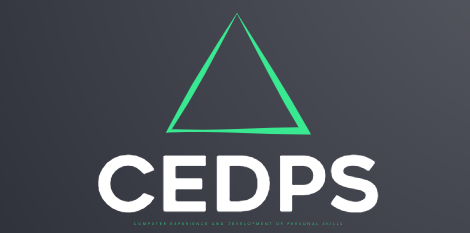Lots of us probably have used a proxy server in all sorts of environments. If you use the internet at work or college, there’s a strong likelihood that you access it through a proxy server. They are commonly deployed to control access inwards and outwards to a company network from the internet. The idea is that rather than checking a multitude of individual connections, the proxy can funnel traffic through a single point which makes it easier to monitor and check for things like viruses.
To enforce the use of the proxy server, most network administrators will enforce their use by a variety of methods. Firstly from the client computer the use of the proxy will be made mandatory by hard coding the settings into the browser. So for instance, Internet Explorer would be deployed and the settings pre-configured by using something like the Internet Explorer Application kit. The settings can also be deployed by using group policy settings deployed to the client from the Active directory.
In addition, the network administrator will also deploy settings on the external firewall to control access through the network perimeter. This would be achieved by specifying the IP address of the proxy and ensuring all other addresses are blocked from leaving the network. If there are multiple proxies or they are configured in an array then multiple addresses would be configured. This would stop anyone from overriding client side settings or installing an additional browser and attempting to access the internet directly. If the address isn’t specified then the access would be blocked.
Proxies on the internet are normally used in a slightly different context although the functionality is relatively the same. They are primarily used to provide a level of privacy and hide your internet address from web servers. The idea is that instead of seeing the IP address of your client, then the web server (and your ISP) will only see the IP address of the proxy. This would also allow you to bypass some of the many geo-blocks which exist online. Basically if you route your connection through a proxy based in the right country then you can bypass the block. Millions of people use these to watch things like the BBC from anywhere, although it can be challenging to find a UK proxy fast enough to stream video at least without paying for one. This has got more complicated over the last few years though, as the websites have started to detect the use of proxies and are blocking them automatically. Nowadays you normally need a VPN in order to watch video from one of the main media sites, because proxies won’t work anymore.
There are other common uses of proxies online and that’s usually to make money. Many individuals and companies, use proxies in order to create additional digital identities. This means instead of being restricted to one connection, then you can effectively utilize hundreds at the same time. This is especially useful for conducting online research, posting adverts, internet marketing and even using e-commerce sites to buy stock to resell. For example a common use is to use automated software to buy things like sneakers or tickets to popular concerts, normally you’ll only be allowed to try and buy once but using proxies you can purchase many. This is why people use software to automate these methods and invest in the best rotating proxies in order to facilitate these purchases. There are many people making thousands from simple software programs, a few rotating proxy networks and an ordinary home computer buying and selling limited availability items such as these.


Recent Comments